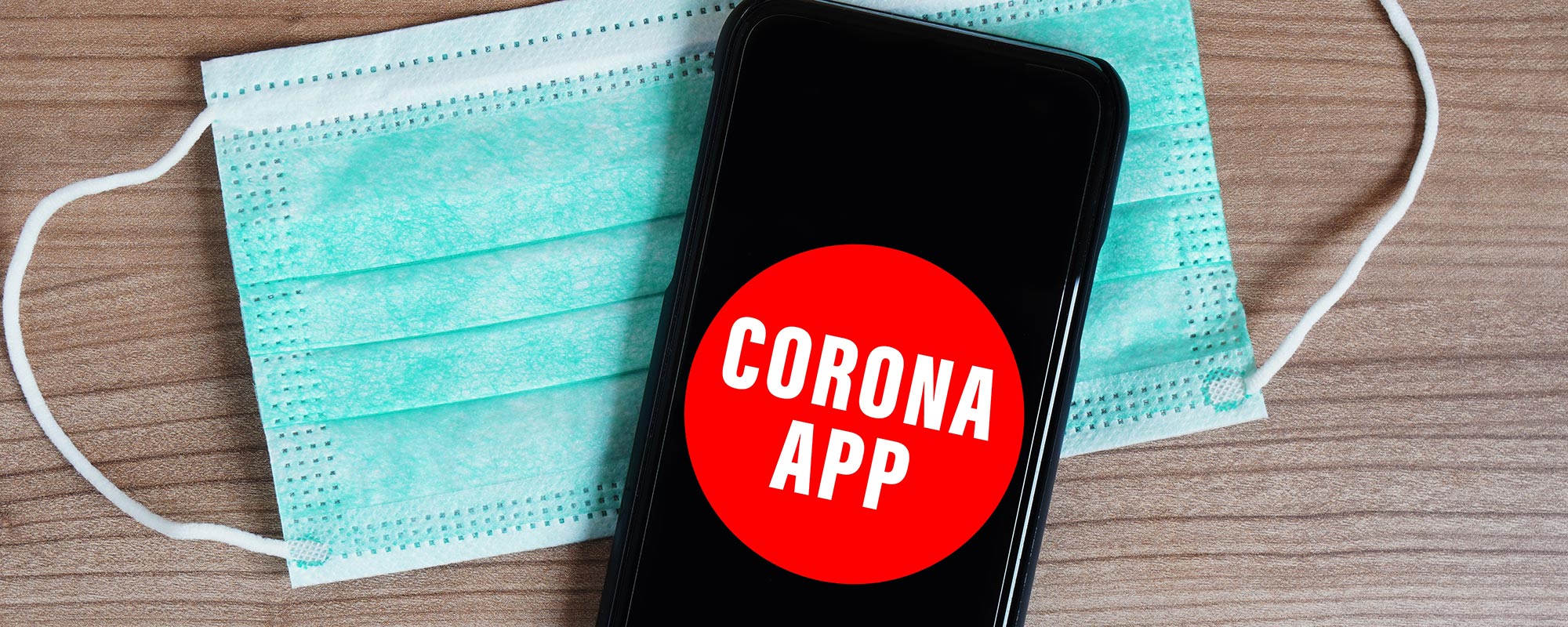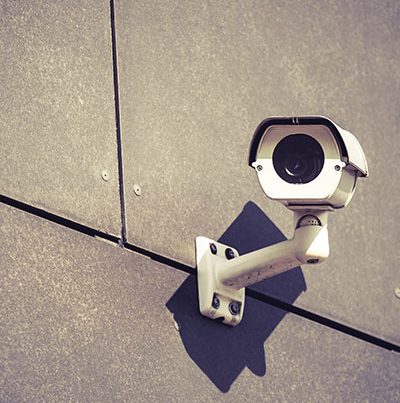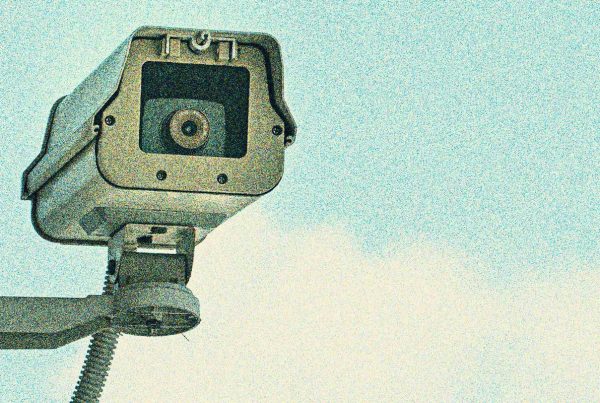December 9, 2020
Ontario’s health minister openly suggested that people who don’t have proof they’ve chosen to receive a COVID-19 vaccination might face “some restrictions” despite the vaccination itself remaining voluntary.
Does that make you nod in agreement, or strike fear in your heart? Here’s why you might want to land on the fearful side of that equation.
To be clear, this isn’t an anti-vaccination concern. Choosing to be vaccinated is an important way that people can contribute to conquering COVID, protect themselves and their loved ones, and comply with public health requests. But is it a choice or an offer one can’t refuse?
The concern is whether the choice is going to be real in any sense of the word. Today, Ontario’s Minister of health essentially suggested that that it is possible that individual freedom to move about, to work, to receive services, and to participate fully in the social life we’re all missing so desperately—she mentioned “travel” “work” and “cinemas”– may be predicated on a voluntary medical decision, and she said it in an “of course” tone of voice.
It’s not hard to think of ways such policies can go wrong in the short term. When vaccines are scarce and we all have to wait our turn, creating have and have not classes off the bat reminds one ethicist, Alison Thompson, of the Dr. Seuss book about the Sneetches. Remember that one? “The Star-Belly Sneetches had bellies with stars. The Plain-Belly Sneetches had none upon thars.” Star-bellies discriminate against the others based on a trait out of their control—waiting for a turn to get a scarce vaccine based on government guidelines is similarly out of our control, and shouldn’t result in differential access to other services or amenities. Especially when the efficacy of the vaccines looks good in trials but hasn’t been tested in the real world, this generates a kind of double-barreled unfairness, privileging those someone else has decided should be first in line based on assumptions about the benefits accruing to them from that privilege.
But creating vaccine haves and have-nots doesn’t just discriminate against people who haven’t yet been vaccinated, it also has a coercive effect on the decision-making process they’ll have to engage in. Meaningful consent is required for voluntariness to be genuine, and coerced consent doesn’t meet that threshold. Think about those meaningless “consent” click boxes on the internet that essentially give us the choice of saying yes, you can do what you want with my personal information or no, I guess I can’t use your product at all. Is that the right model to import into our public health context?
Of course, it’s more complicated. My decision to click yes affects me. My decision to get vaccinated, or not, will affect me, but will also affect you. There is social good to be achieved from population-level immunity and the way to maximize that good is via widespread vaccination. What’s the line between persuasion and coercion? What’s the line between incentivizing public health practices and manipulating them, and where on that spectrum should a democratic state fall? Does that place on the continuum change in a pandemic, or is a crisis precisely the time to hold firm? How do we make principled choices, and subject those choices to appropriate scrutiny, critique, and change as required? Lots of questions, all needing answers.
But even worse problems await when the staggered vaccination program runs its course and everyone has it who wanted it. Then, we risk creating a dangerous social sorting, a categorization of human beings as safe vs unsafe, deserving vs undeserving, based on their personal decision about their health. We know what happens when we create social systems dividing people into categories—abuse, discrimination, and oppression.
Consider employment, for example. Front-line service jobs are disproportionately held by women, newcomers and people of colour. They are exactly the jobs where employers may well seek proof that their workers are safe—one that could be marketed to the public. Let our vaccinated staff serve you. Faced with the potential for being denied employment, what kind of meaningful choice will people have—keeping in mind, those most likely to be affected may well be the least powerful in our society. Human rights legislation, which might be relied on in some circumstances to protect against employer demands to vaccinate or quit, varies from province to province, and its protections may be too little, too late when workers need rent money and food on the table this month and a hearing is 3 months away.
And then we get to privacy. The idea of presenting proof of vaccination is predicated on the idea that we should be sharing particular kinds of health information about ourselves widely—keeping in mind that while it may not feel too personal to say “yes, I got the shot” (although opinions would vary on that), saying “I can’t get it because of my medical condition X” is a different level of intrusion entirely. Health information has long been understood as one of the most sensitive, personal categories of information. And the wider range of organisations and institutions that decide they need to see it or collect it, the bigger the risks get. If it turns out that the “card” for proof ends up being some sort of digital credential, that further ups the ante on potential privacy risks; tools like the “CommonPass” are already in the works elsewhere, and just like the exposure notification/contact tracing debates, there will inevitably be tension between privacy, utility, and inclusion.
If governments mandate such sharing, their decrees may not survive judicial review, but Minister Elliot’s casual comments reveal that they have an easier and more likely option, to simply acquiesce, maybe even approve, when others decide to require a copy of the “proof” they issue. The Minister is actually perfectly clear on this point when she states “There may be some restrictions that may be placed on people that don’t have (a vaccine)…but that will be up to the individual person to decide whether they want to receive the vaccine to be able to do these things or not. But it is voluntary.” Insisting vaccination is voluntary and in the same breath linking that choice to the likely denial of full participation in public activities is a backhand slap in the face to anyone who might think the word voluntary equals a real choice.
We’re being propelled towards a dangerous quagmire where rights, health priorities, common good, and individual autonomy are going to conflict, all butting up against the overwhelming desire to just make the pandemic and all of its accompanying restrictions go away. Let’s not step in it and sink over our heads. Canadians will be better served if the next statements we hear about proof of vaccination focus on respect for individual choices and maybe even incentives to encourage social responsibility rather than dire hints of social exclusion. We need to take some time to think through the complex legal, ethical, and moral issues that are raised and make sure that our cures are in fact, curative and not destructive of our body politic.
Brenda McPhail is Director of Privacy for the Canadian Civil Liberties Association
About the Canadian Civil Liberties Association
The CCLA is an independent, non-profit organization with supporters from across the country. Founded in 1964, the CCLA is a national human rights organization committed to defending the rights, dignity, safety, and freedoms of all people in Canada.
For the Media
For further comments, please contact us at media@ccla.org.





